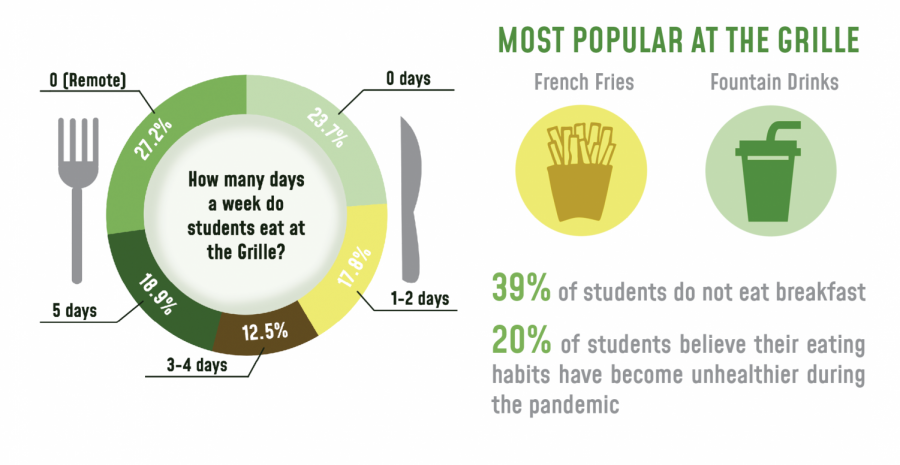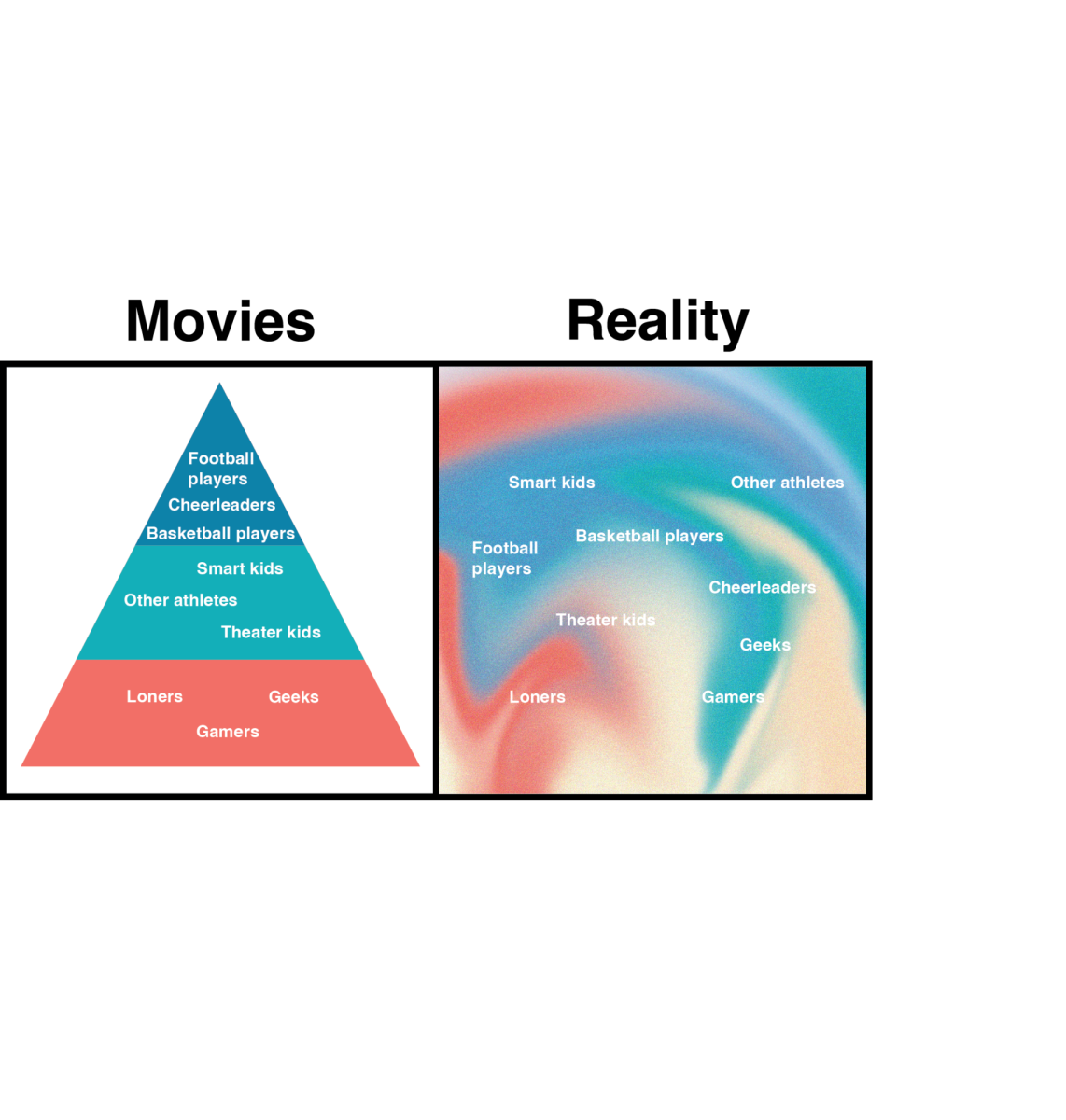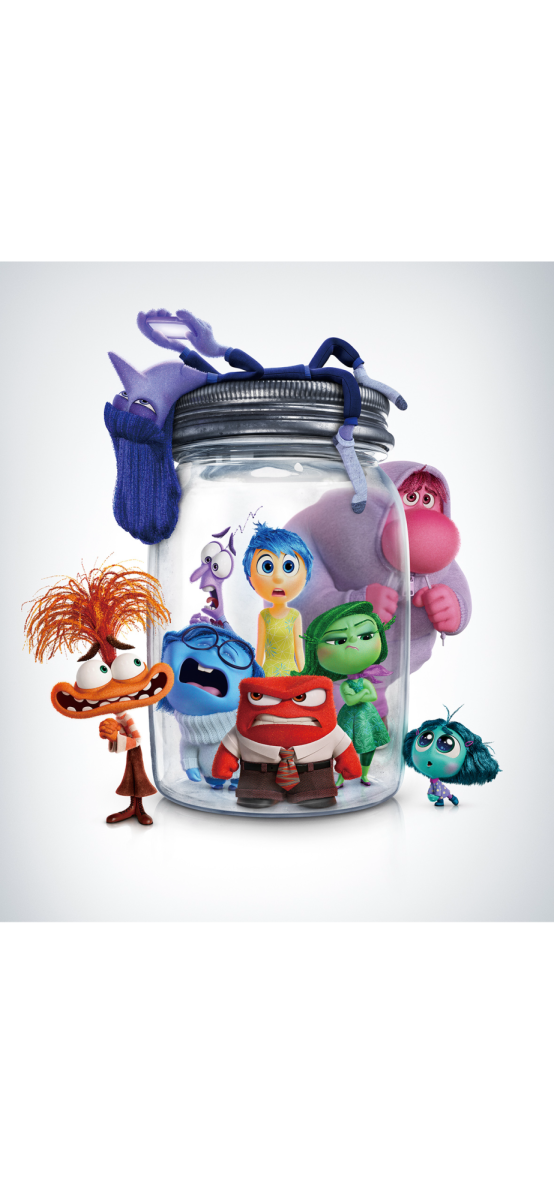Student health is now more important than ever, and it all starts with diet. However, in this hectic year it has been very hard for students to keep up with good nutrition.
“When I was in quarantine, I usually wouldn’t even eat breakfast— over the summer especially— I woke up later and sometimes I would just skip over it,” sophomore Max Balon said, “…those days I’d feel really slow and now I know why.”
Many students experience problems similar to Balon’s and struggle to realize it until after its effect.
A study published in the U.S. National Library of Medicine explains that shifted lifestyles due to the quarantine affected nutritional habits negatively. This was because of the reduced availability of goods, limited access to food caused by restricted store opening hours, and convenience of unhealthy foods.
This, coupled with years of unhealthy eating, has only been detrimental to the wellness of high schoolers. According to the State of Childhood Obesity, “15.1% of U.S. high school students drank soda at least once a day in 2019, 16.7% did not eat breakfast, and 7.9% did not eat vegetables during the week before the survey.”
For many, these choices are impacted by their schools dietary options and meal plans.
“I usually eat partly from the grille and home…. once we got back [to school], it went back to normal, and I was able to start eating a lot again [for swimming] and feeling energized,” Balon said.
To improve how students are eating on campus, the Grille does its best when prepping food. Chef Manager Chris Behrens tells us that all canned products are low sodium, including meats. All food that can be made in house is done so, in order to have lower preservatives. Most importantly, they make sure to give a variety of options to choose from.
“We are conscious of not trying to fill people, but again at the end of the day, it’s still deli meat and it’s still pasta … and so we make sure to give options … with [pasta] sauces there’s the cream-based sauce which will kill you, and the tomato sauce which won’t. So, you choose what you want,” Behrens said.
However it is up to the kids to make the right choices, whether it is at the Grille or at home. Especially as the pandemic continues, there are significantly less students buying from the Grille, diet will be mainly up to kids and their families.
“I don’t think that many people take their health into consideration when they buy food from the Grille, but it’s not a problem because of the grille, it’s because of the decision making of the students,” Balon said.
Convenience plays a big factor in their diet choices. Behrens helps explain one of the reasons behind this.
“The younger kids want to go for what’s quick [like] fries and burgers … but it’s normal, I remember when I was a kid, I didn’t want to sit down and eat, I wanted to go hang out with my friends,” Behrens said.
Although burgers and fries are not always the wisest choice, they shouldn’t be taboo. A 2014 study by University of Canterbury professor Roeline G. Kuijer found that viewing chocolate cake and other “cheat meals” negatively resulted in worse eating attitudes and weight control when compared to mindfully eating sweets every now and then. The same principles apply to other unhealthy foods.
“With life it’s about moderation, if you eat 400lbs of ice cream everyday you’re not going to be a healthy guy, so you got to moderate your food intake,” Behrens said.















